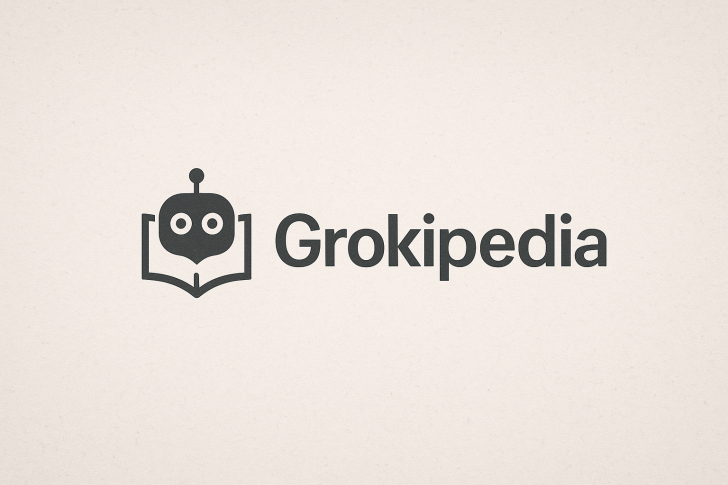What started as a conversational chatbot may soon become something more ambitious: a living, AI-maintained knowledge base that challenges how we think about truth and information online.
What Grokipedia Actually Is
A recent discovery by TestingCatalog News reveals that a Grokipedia link has quietly appeared on Grok's web interface—the clearest sign yet that Elon Musk's xAI is preparing to launch its long-teased AI encyclopedia. Grokipedia is designed as an AI-driven encyclopedia that updates continuously, using Grok's reasoning engine to analyze and verify information from multiple sources in real time. Unlike Wikipedia, which depends on human editors, Grokipedia would rely on xAI's model to cross-check facts, synthesize information, and maintain accuracy automatically.
Musk first mentioned the project earlier this year, positioning it as a "truth-seeking alternative" to mainstream platforms he views as biased. The goal is to create an AI system that provides reliable, verifiable information without political or algorithmic distortion.
The Discovery: A Link Appears
The newly surfaced link on Grok's web interface appears to be in testing mode—visible to some users but not yet fully active. This fits xAI's pattern of rolling out features quietly before making formal announcements. Recent updates have included better real-time reasoning and tighter integration with X (formerly Twitter) for context-aware responses. The presence of the Grokipedia link suggests development is progressing and a launch may be approaching.
The project addresses a core problem in AI: most systems rely on existing web data, which is often biased, outdated, or inaccurate. By creating its own verified knowledge layer, xAI can feed Grok cleaner, more reliable information—making outputs more consistent and easier to trace back to sources. Grokipedia could serve several strategic purposes: it would provide high-quality training data for AI models, offer transparent citations for every answer Grok generates, and potentially allow user feedback similar to open-source platforms. If executed well, this could make Grok more competitive with ChatGPT and Claude, both of which depend on external or proprietary data sources.
Grokipedia represents a shift toward AI-native knowledge systems—platforms where information is created, curated, and maintained by the AI itself rather than human editors. This could challenge both traditional search engines and collaborative sites like Wikipedia by offering interactive, natural-language entries that update instantly.
But there are risks. Without full transparency, such systems could embed the same biases they claim to eliminate—presenting algorithmic judgments as objective truth. For Grokipedia to succeed, it will need clear sourcing, ethical oversight, and some form of community input to maintain credibility and trust.
 Usman Salis
Usman Salis

 Usman Salis
Usman Salis


